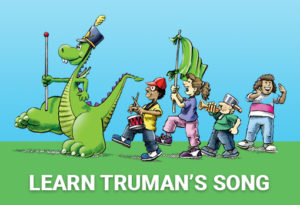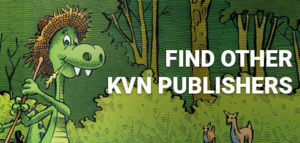WHAT IS FAMILY?

Children come from so many different cultures, communities and families. That’s what makes the world such a special place. No two people are just alike. Even if you are a twin, you are uniquely different from your twin. The way you live and learn helps shape the person you become. Whatever culture, community or family you belong to, using your manners and being respectful is always the right thing to do. It is important to respect and value people regardless of the color of their skin, the language they speak, the clothes they wear or their physical abilities. This is being a responsible citizen of society by treating others as you would like to be treated. Practicing this now will help in relationships later on as an adult, socially and in the workplace. You will then have a positive impact in your own life as well as in others’ lives. It is important to celebrate and value diversity and family traditions. What are the ways that people’s cultures are different? The clothes we wear, the foods we eat, the languages we speak, the daily routines and the traditions we follow. How can you learn about other children’s cultures? You can read books, surf the Internet (with the supervision of a responsible adult) and ask questions. In American Samoa, for example, each village is made up of a group of aiga (extended families), which includes many relatives. Each aiga is headed by a matai (chief) who represents the family in everything, including the village council, or fono. Matais hold title to all assets of the aigas, or families. They represent and are responsible for making sure the family members obey the laws and they determine the punishment when people break the rules in their villages.
• Having family traditions can instill positive memories that are fun to remember.
• What are some things that you and your family can do together for fun?
• Here’s a list of activities that cost little or no money at all:
o Run a race with your siblings or friends
o Blow bubbles
o Swing
o Read a book
o Count the stars
o Catch lightning bugs at nighttime
o Pick berries at a farm or orchard
o Have a picnic
o Watch the sunrise
o Watch the sunset
o Pick flowers
o Ride a bike
o Ask someone who’s older than you to tell a story about when they were younger
Culture – noun: ’kəl-chər
1. the beliefs, customs, arts, etc., of a particular society, group, place or time
2. a particular society that has its own beliefs, ways of life, art, etc.
Com·mu·ni·ty – noun: kə–myü-nə-tē
1. a group of people who live in the same area, such as a city, town or neighborhood
Did You Know…
• Animals have families, too.
• Once baby elephants are born, along with their mother, the other females (called Allomothers) in the herd help take care of them.
• Orangutan mothers stay with their young between six to seven years, and female orangutans sometimes visit their mothers up until age 15 or 16.
• An emperor penguin father balances the egg of his offspring on his feet in subzero weather until his chick hatches.





